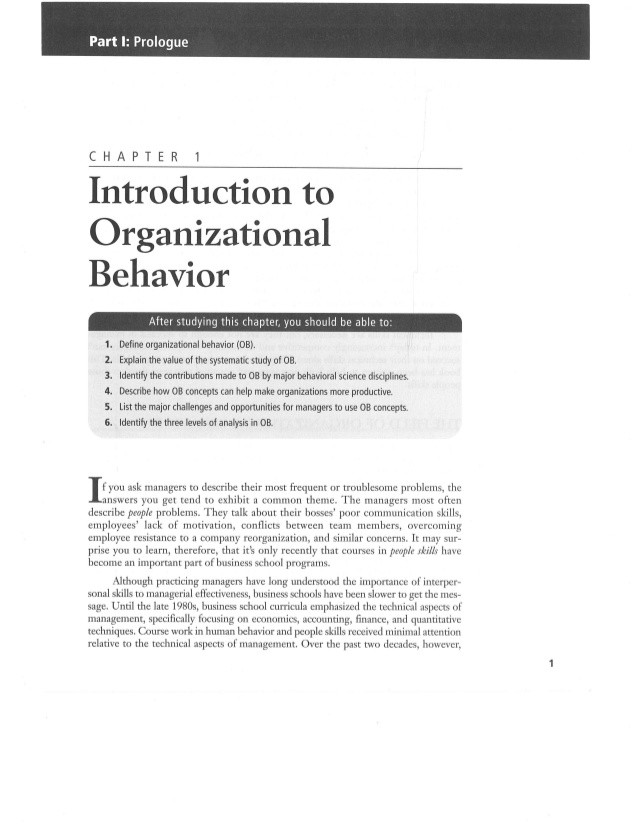An Introduction to Behavioral Biases of Individuals Part 2 VALUE INVEST ASIA
Post on: 17 Апрель, 2015 No Comment

Previously, we discussed on cognitive errors as part of behavioral finance. This article shall move on to talk about some of the emotional biases.
Unlike cognitive errors which can be corrected/reduced through some form of education and advice, emotional bias tend to be more difficult to control for because they originate from an impulse/intuition as opposed to conscious calculations. Nevertheless, it is important for investors to recognize them.
Loss aversion Bias
This occurs when market participants feel more pain in a loss as opposed to pleasure in an equal gain. As such, there is a strong preference that the individual will tend to hold on to under performing stocks for too long in order to avoid the pain of permanent loss, resulting in missed opportunities in other stocks. By holding on to loss-making positions, individuals might instead increase their risk by continue holding on to assets which could have deteriorated in quality. In addition, a decline in a stocks price would also compel individuals to take on excessive risk to recover the losses. (a drop in a stocks price of $1/share to $0.50/share equates to a 50% loss, but to recover back to individuals position would mean they have to buy a stock which would return a 100% instead).
Overconfidence Bias
This leads to individuals overestimating their abilities and analysis, thinking they are actually better than others. Individuals tend to take credit when they are right while blaming on circumstances for failure. This leads to an underestimation of uncertainty and overstate the probability they will be right. Individuals might predict stocks which could have a narrow range of expected pay-offs, leading them to hold concentrated portfolios. When the results turn out less than expected, disappointment sets in. Natural response might be to sell off the investments and look for replacements in attempt to generate high returns, creating excessive turnovers.
Status Quo Bias
This means that the individual has an emotional desire to do nothing instead of making changes. The individual might not want to look for opportunities when change is beneficial. The consequences of such bias might lead to individuals holding on to stocks which might have inappropriate risks and also losing out to other better investment opportunities.
Regret Aversion Bias
An emotional bias which leads people to avoid making decisions fearing the action taken will result in a poor decision. This is somewhat similar to loss aversion bias where individuals try to avoid the pain of regret associated with bad decisions made, hence holding on to stock positions for too long. The difference is that such bias might cause individuals to stay out of the market during periods of depressed prices when it may offer buying opportunities. Regret aversion bias can cause a herd behaviour as it encourages market participants to invest in a similar style and same stocks as others; at least the pain is alleviated when everyone else is also suffering from a similar loss.
Value in Action
Emotional biases, like cognitive errors can lead individuals to sub-optimal decisions.
Join us on Facebook for m ore exciting updates and discussion about value investing. Submit your email address for important market updates and FREE case studies!
Email address:
We will only provide you with information relevant to value investing. You can unsubscribe at any time. Your contact details will be safeguarded. The information provided is for general information purposes only and is not intended to be any investment or financial advice.
All views and opinions articulated in the article were expressed in Willies personal capacity and do not in any way represent those of his employer and other related entities. Willie does not own any shares in the companies mentioned above.














